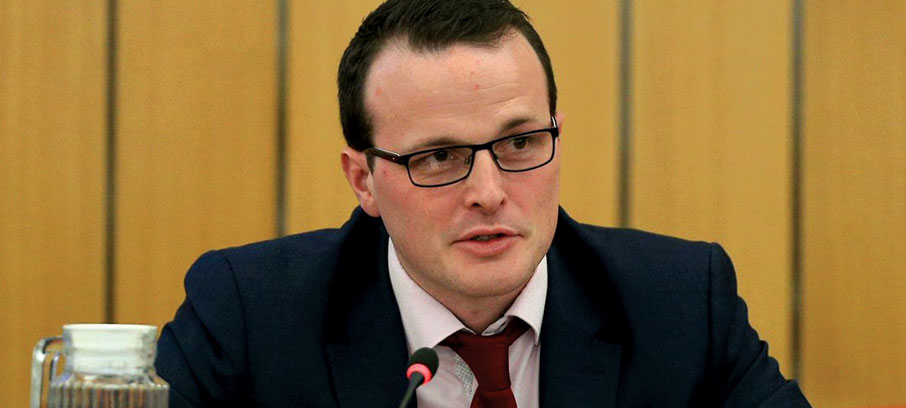
Why don't all vessels have enclosed and dangerous spaces marked up? Some vessels – generally oil and gas tankers – have warnings where entering a space could lead to poisoning or suffocation, while others have nothing, even though these dangers exist on every ship.
This discrepancy across the industry was highlighted when Nautilus members came together for the Union's latest Professional and Technical Forum, sharing their experiences and expertise.
Starting with a presentation by Nautilus head of professional and technical David Appleton, the October 2021 session explored why there is still an upward trend in enclosed spaces deaths in shipping, despite the dangers having been understood for decades.
There is no lack of regulation, pointed out Mr Appleton, but seafarers are still putting themselves at risk for a variety of reasons. The Human Element Industry Group (HEIG) – which is comprised of non-governmental organisations with consultative status at the IMO – has been exploring these issues in its Enclosed Spaces Project, looking at definitions, regulations, accident investigations, accident data, technical solutions, time pressures, human factors and training.
On the issue of time pressures, HEIG will shortly be producing a guidance document for charterers, owners, managers and ports on how better to relieve time pressures on seafarers and reap the rewards in terms of improved concentration and reduced fatigue.
HEIG's other work is ongoing, but in terms of training, it is widely felt that enclosed spaces training needs to be improved. Although some countries include practical training in enclosed spaces for seafarers within their national training programmes, there is no requirement internationally. This is at odds with the approach to other safety issues, such as handling lifeboats and firefighting, where practical training is mandatory.
There was strong support at the Forum for the proposal that there should be equivalent shorebased training on enclosed spaces, followed by regular shipboard drills that help crew members identify dangers onboard their own vessel.
Forum attendees backed the view that safety measures should be built into the design and operation of a vessel, with ways made available to inspect and clean enclosed spaces such as tanks without crew members needing to enter.
Unnecessary inspections should also be removed from a vessel's safety management plan. Relying on equipment like breathing apparatus to keep seafarers safe was not good enough, the Forum agreed, as this should only be used in an emergency, not as a routine part of vessel maintenance.
The value of marking up enclosed spaces onboard was also raised at this point, with some members expressing surprise that there could be such differences between sectors and among individual vessels. It was agreed that there was a poor understanding of the dangers of enclosed spaces on many ships, with some crews not realising that a space does not have to be fully enclosed to be toxic, or that changes to certain cargoes during transportation will result in them producing gases that can be harmful.
Mr Appleton made a note of Forum attendees' views to feed back into Nautilus policy, and further asked that Nautilus members let him know their opinions of current enclosed spaces training on offer in the UK, which can be done by email to protech@nautilusint.org .
- All members are welcome to attend the Nautilus Professional and Technical Forum. The Forum is normally held three times per year in venues in the UK and the Netherlands, but is currently being held online. Dates and venues will be advertised in the Events section of the Nautilus website and in the Nautilus Telegraph.
Tags
